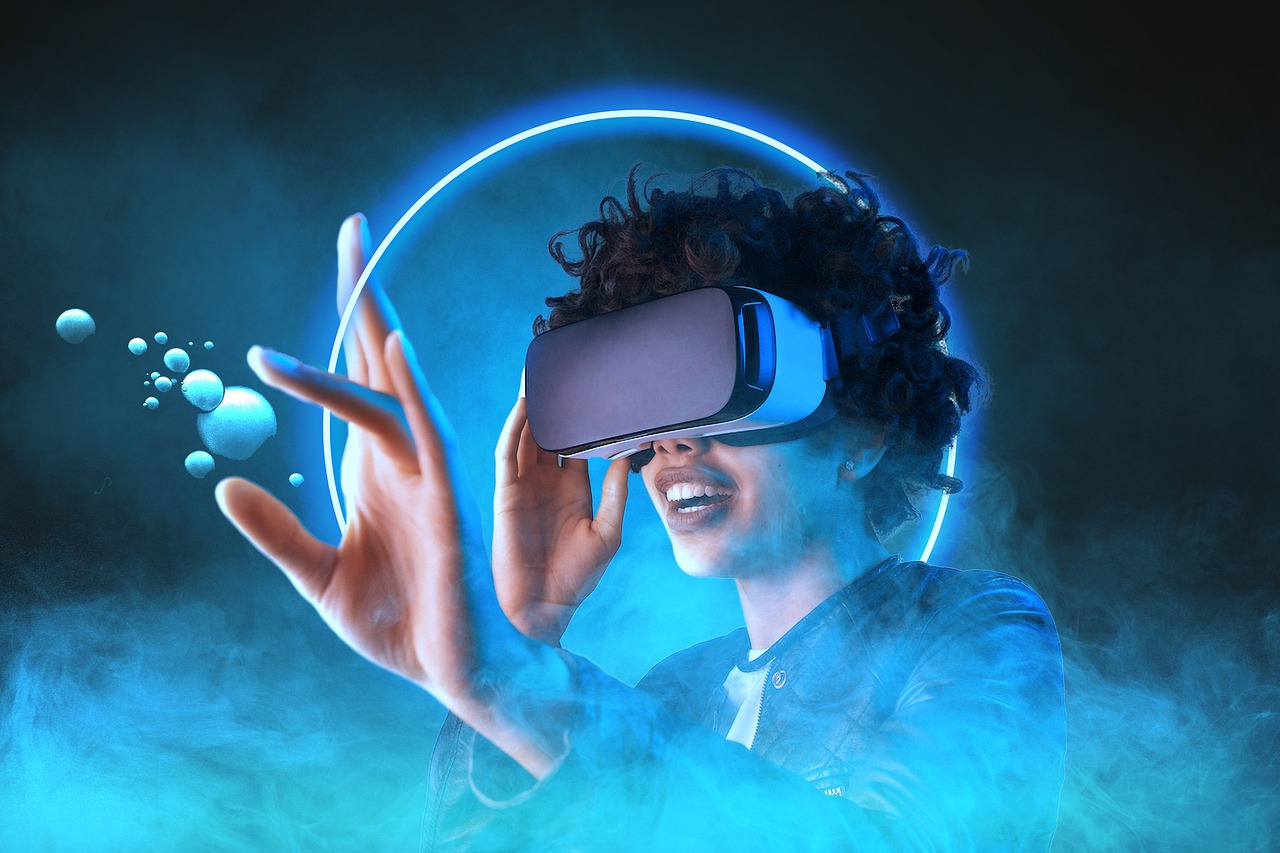
The Metaverse: A Fully Immersive Virtual World
The concept of the Metaverse has been around for decades, but it has gained renewed attention in recent years thanks to advances in technology such as virtual reality, augmented reality, and blockchain. Simply put, the Metaverse is a fully immersive virtual world that can be accessed by anyone, from anywhere in the world.
What is the Metaverse?
The Metaverse is a virtual world where users can interact with each other and with virtual objects in real time. It is a 3D environment that can be accessed using virtual reality or other immersive technologies. Users can create avatars to represent themselves in the Metaverse, and they can explore different virtual spaces, participate in games and events, and engage in social interactions with other users.
The concept of the Metaverse was first popularized in science fiction, but it has become increasingly relevant in the real world. Many experts believe that the Metaverse has the potential to revolutionize various industries, including entertainment, social media, education, and business.
How does the Metaverse work?
The Metaverse is a complex system that is still in development. However, the basic idea is that it is a decentralized network of virtual spaces and assets that are owned and controlled by users. This is made possible by blockchain technology, which allows for secure and transparent transactions without the need for a centralized authority.
In the Metaverse, users can create and own virtual assets, such as virtual real estate, clothing, and other items. These assets can be bought, sold, and traded just like physical assets in the real world. Users can also create and host their own virtual spaces, such as virtual stores, museums, and art galleries.
Potential Benefits of the Metaverse There are many potential benefits to the Metaverse. Here are a few:
New Forms of Entertainment
The Metaverse offers new possibilities for entertainment, such as immersive gaming experiences and virtual concerts. Users can participate in games and events with people from all over the world, and they can enjoy performances by their favorite artists without leaving their homes.
Enhanced Social Interaction
The Metaverse can also provide new opportunities for social interaction. Users can engage with other people in virtual spaces, such as virtual coffee shops or parks. They can also join virtual clubs or groups based on their interests and hobbies.
Improved Education and Training
The Metaverse can be a valuable tool for education and training. For example, medical students can practice surgical procedures in a virtual environment, and employees can receive training on new software or equipment in a simulated setting.
Increased Access to Resources
The Metaverse can also provide increased access to resources for people in remote or underserved areas. For example, students in rural areas can participate in virtual classes with students from all over the world, and people in developing countries can access healthcare and other services that they might not have access to in the real world.
Challenges and Concerns
While the Metaverse offers many potential benefits, there are also challenges and concerns that need to be addressed. Here are a few:
Privacy and Security
Privacy and security are major concerns in the Metaverse. Users will need to be able to trust that their personal information and virtual assets are secure, and that their interactions with other users are safe and respectful.
Regulation
Regulation is another challenge for the Metaverse. As with any new technology, there will need to be regulations in place to ensure that users are protected and that the Metaverse operates fairly and transparently.
Ethical and Social Implications
There are also ethical and social implications of a fully immersive virtual world. For example, how will the Metaverse impact our sense of identity and community? Will it exacerbate existing social inequalities, or will it provide opportunities for greater inclusivity and diversity?